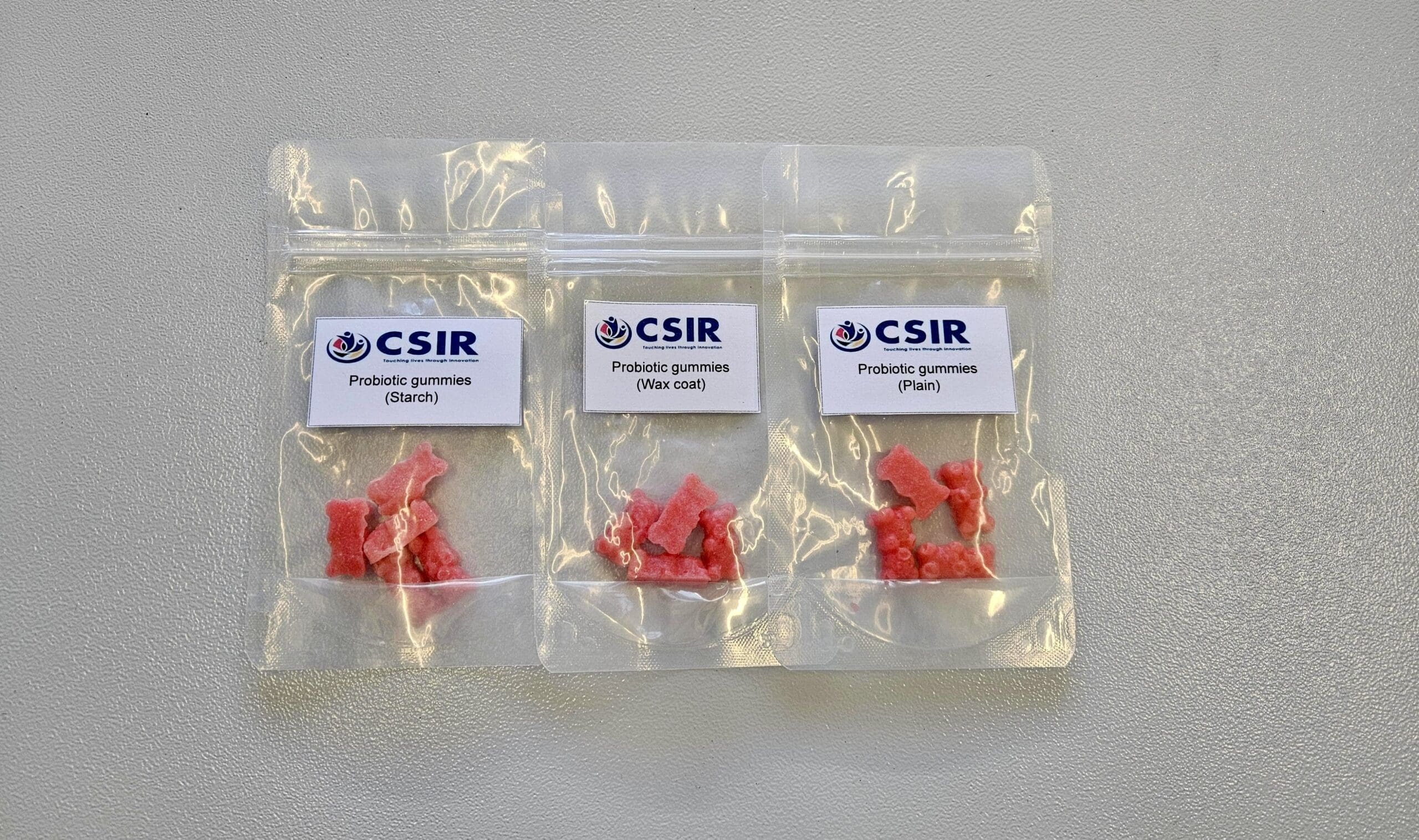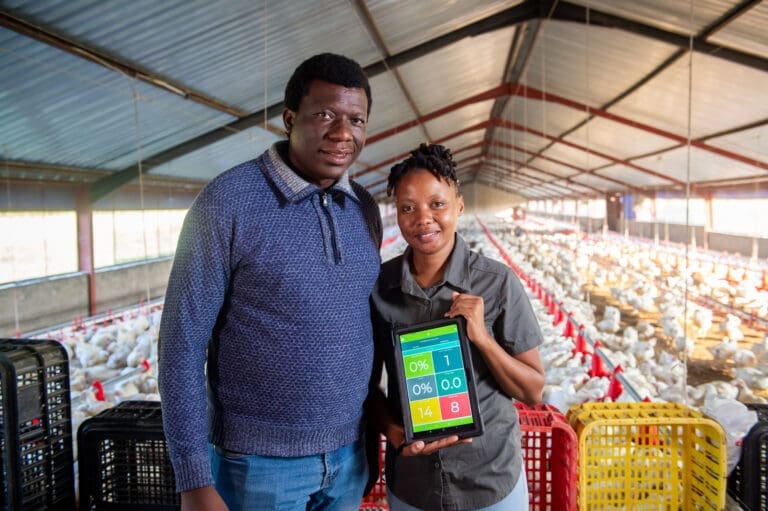The Council for Scientific and Industrial Research (CSIR) recently hosted a hybrid media briefing to highlight the groundbreaking work of young South African researchers in science, technology, and innovation (STI). Their projects address critical challenges in food waste, child health, and agriculture, reinforcing CSIR’s 80-year legacy in fostering youth development in STEM fields.
Affordable Probiotic for Child Health
Early childhood is crucial for developing a healthy gut microbiome, which influences digestion, immunity, and long-term disease prevention. To support this, the CSIR has developed an innovative project: “Production of Biotherapeutic Limosilactobacillus reuteri for Use as a Probiotic Additive in Paediatric Gummy Supplements.”
This initiative aims to establish a cost-effective, local production process for Limosilactobacillus reuteri (L. reuteri), a well-researched probiotic strain beneficial for children. Currently, South Africa depends on imported probiotics, but this project could lower costs, ensure transparency, create jobs, and boost the local economy.
CSIR researcher Lebohang Malata explained: “The technology focuses on producing L. reuteri at a manufacturing scale (200 L stirred tank bioreactor) using optimised upstream and downstream processing techniques. The gummy supplements, designed for children, demonstrated >90% survivability in in-vitro simulated gastrointestinal tract (GIT) conditions, surpassing World Health Organization (WHO) recommendations (10⁶–10⁸ CFU/g) and outperforming commercial benchmarks.”

Smart Farming App to Combat Food Waste & Boost Small-Scale Farmers
South Africa is committed to SDG 12.3, which aims to halve food waste by 2030. The CSIR’s Food Loss and Waste Initiative (FLWI) is helping set a national baseline to track progress.
Additionally, the CSIR has developed ILIMA, a blockchain-powered app designed to empower small-scale farmers, who make up 65% of South African farms but earn less than 5% of industry income.
Heinrich Keiser, CSIR researcher, stated: “The ILIMA platform seeks to enable sector-wide supply chain visibility, leading to the ability to monitor the movement of goods, improved planning and forecasting, reduced costs, and improved environmental impact. Blockchain acts as a trusted and verified record of all supply chain transactions.”
A pilot study with a small-scale chicken farmer in Naboomspruit (Limpopo) has shown promising results. The app helps farmers overcome supply chain barriers, from production to market access, potentially reducing poverty, improving food security, and boosting economic growth.
